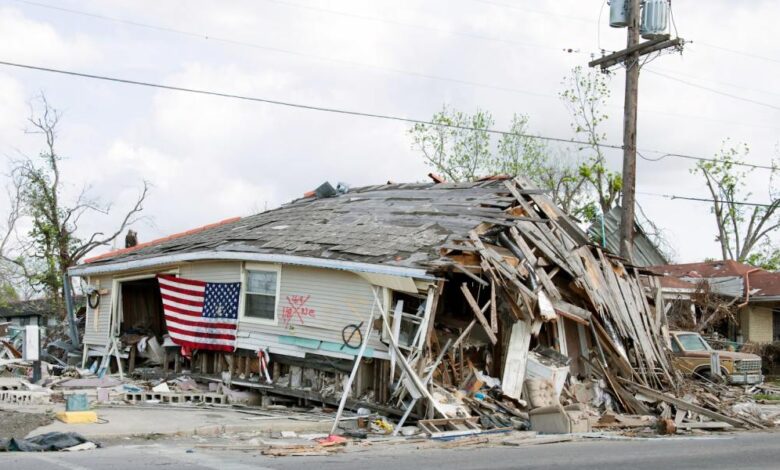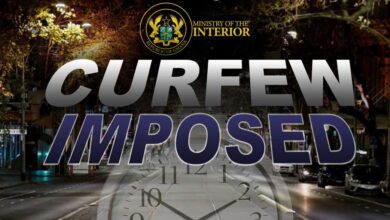Does Renters Insurance Cover Hurricane Damage?

Renters insurance is a crucial safeguard during hurricane season, ensuring your possessions are protected. Understanding the nuances of such coverage can make a significant difference when disaster strikes. Consulting a hurricane damage claims adjuster is often essential for navigating complex claim processes effectively.
Securing reliable renters insurance is crucial. Renters insurance offers a financial safety net, protecting your belongings from unforeseen disasters like hurricanes. This coverage can alleviate stress by ensuring you have the means to replace or repair damaged items. Navigating the insurance landscape might seem daunting, but understanding its intricacies is vital for every renter.
Understanding Renters Insurance and Hurricane Coverage
Renters insurance is designed to cover your personal property in the event of damage or theft. It typically includes protection against incidents like fire, vandalism, and certain natural disasters, including hurricanes. However, not all policies automatically cover hurricane damage, so it’s important to review the specifics with your insurer. Knowing what your policy entails can prevent unpleasant surprises when you need to file a claim.
One question often arises: does renters insurance cover hurricane damage? The answer varies by policy and provider. Some insurers offer separate endorsements or riders that specifically cover windstorm and hurricane damage. It’s wise to ask about these options if you live in a hurricane-prone area. Such endorsements can make a significant difference in how claims are handled post-disaster.
Understanding the terms and conditions of your policy is essential for effective coverage. Read through your contract carefully and ask questions to clarify any uncertainties. An informed approach ensures you are adequately protected during tumultuous weather events.
Preparing for Hurricane Season in Florida
Preparation plays a key role in minimizing potential losses during hurricane season, especially in Florida, where hurricanes are a common threat. Begin by documenting your belongings with photos or videos to provide clear evidence should you need to file a claim. Store these records in a safe, accessible location like cloud storage, ensuring they’re not lost if physical copies are destroyed.
Creating an emergency kit with essentials such as water, non-perishable food, and important documents can be lifesaving during prolonged power outages or evacuations. Additionally, securing windows and doors with storm shutters or plywood can mitigate structural damage to your rental property.
Communicate with your landlord about any necessary precautions to safeguard the property itself. While you are responsible for personal belongings, structural integrity is typically the landlord’s responsibility. A collaborative approach ensures comprehensive protection against impending storms.
Dealing with Hurricane Damage
After a hurricane passes, assess the damage promptly and document everything with photographs or videos before starting any cleanup process. This documentation is crucial when submitting an insurance claim as it provides tangible evidence of your losses.
The process of filing an insurance claim involves contacting your insurer as soon as possible and providing them with detailed information about the extent of the damage. A well-organized claim expedites the process and increases the likelihood of receiving fair compensation.
If complexities arise, involving a professional can be beneficial. The role of a PICC FLA public adjusters in Florida cannot be overstated; they act as advocates in ensuring fair settlements by analyzing your policy details thoroughly and negotiating on your behalf. Their expertise often leads to better outcomes than going through the process alone.
Benefits of Consulting a Claims Adjuster
A claims adjuster specializes in assessing property damage and negotiating insurance settlements. Their expertise can significantly influence the outcome of your claim by ensuring that all damages are accounted for accurately.
Engaging with an adjuster provides peace of mind as they handle intricate details that might otherwise go unnoticed by policyholders. They assist in compiling necessary documentation and presenting it convincingly to insurers, which can be pivotal in disputed claims scenarios.
Moreover, their knowledge of industry standards aids in countering any undervaluation attempts by insurers. By advocating on your behalf, adjusters facilitate faster resolutions and often secure higher compensation amounts than expected.




